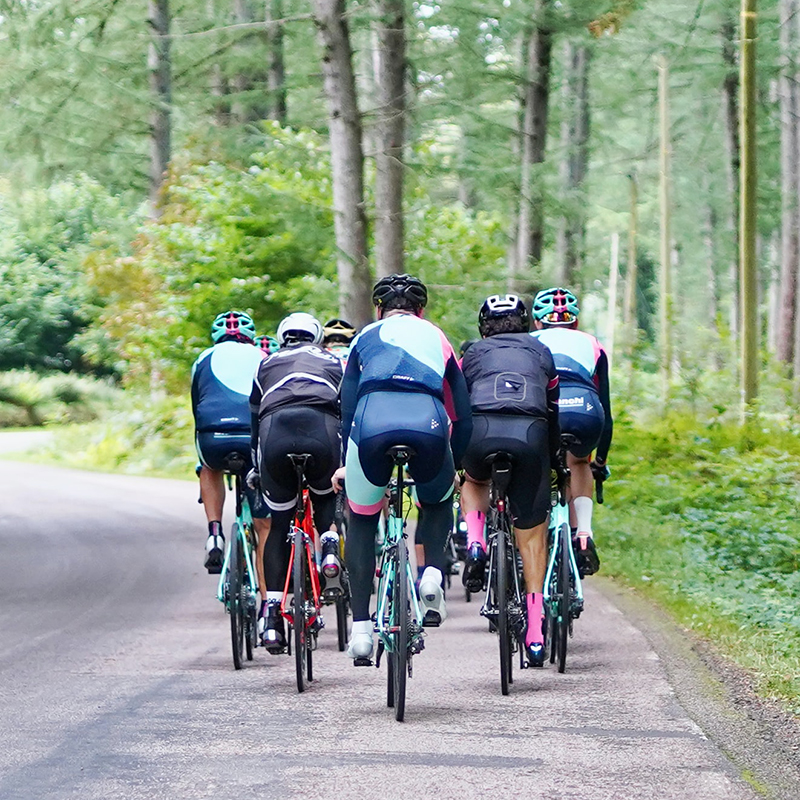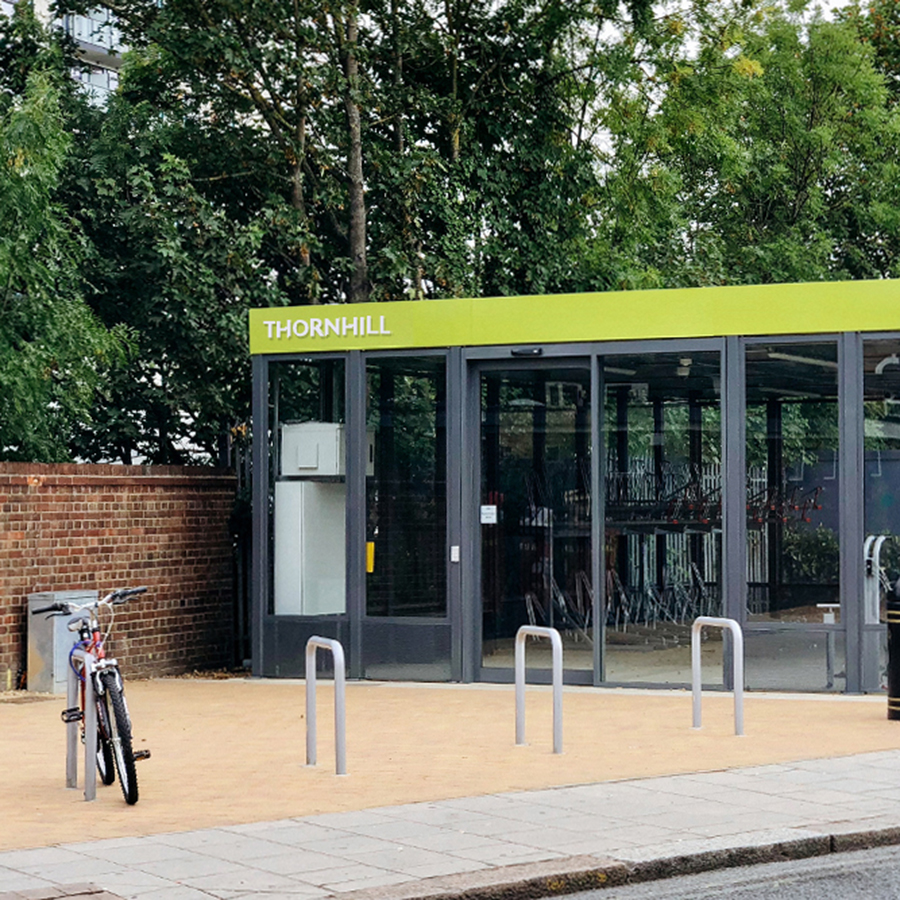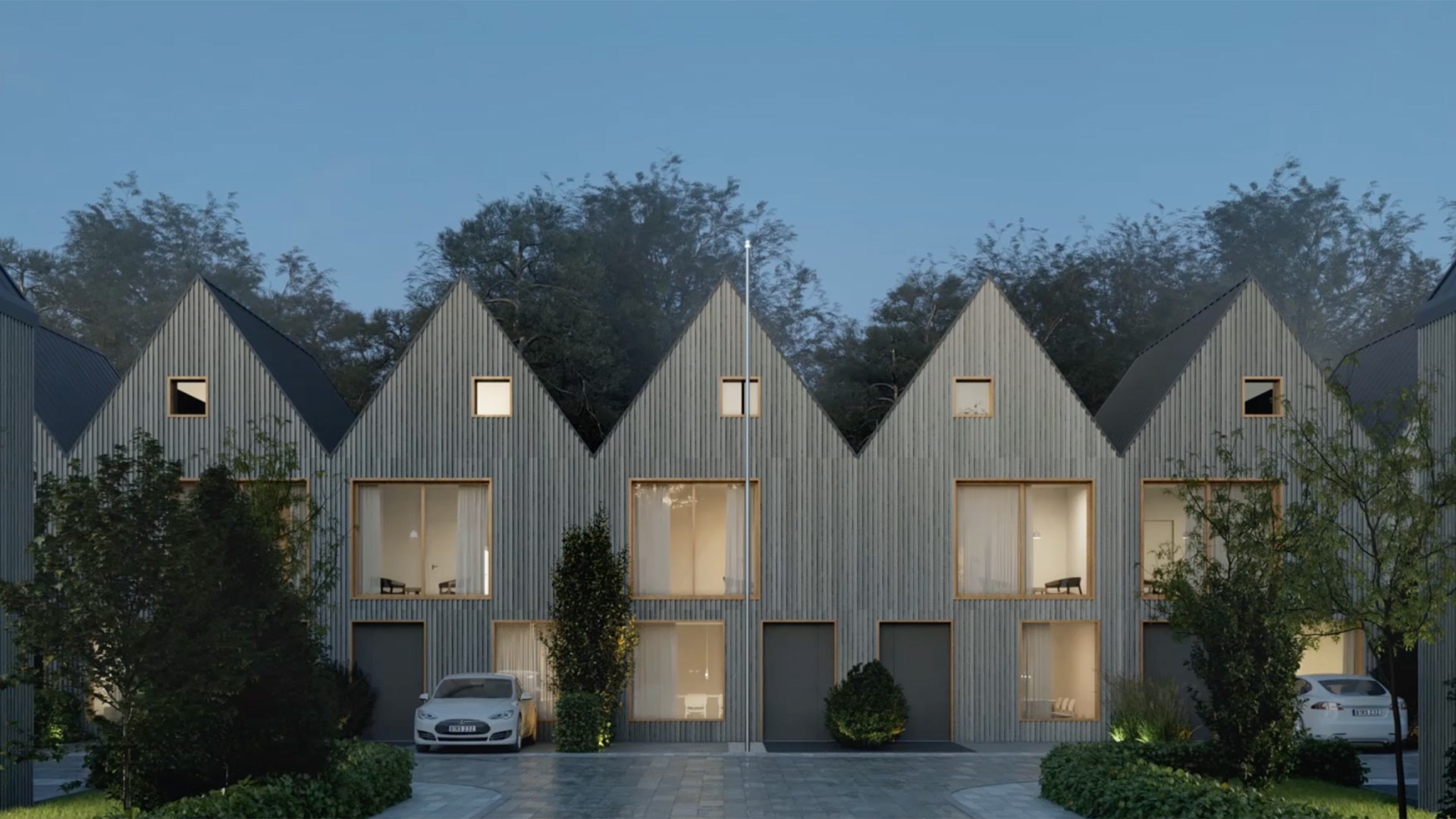The proposed community at Thornhill will be known for its highly efficient and sustainable transportation systems, openness to new modes and technological innovations, and supporting vehicle and ride sharing models that enable more efficient use of physical assets.


The site is located close to Lisvane and Thornhill railway station to the east, and sits astride the Caerphilly Road to the west, with its existing fast bus service to the city centre. These are the two most-used commuter routes between Caerphilly and Cardiff. To encourage as many new residents as possible to use these public transport services, we propose to:



“We are social creatures. A community of people who thrive on being together, thriving together. We enjoy the company of our cycling friends, pedalling in a group and taking in new landscapes and adventures with those who share our same passion for biking. Whether we flock to the cities or the mountains. Trails or paved roads. Or moving around the city to study, work or simply live…we share a passion that has become an extension of our lives and lifestyles. But right now, our lifestyle has changed, forcing us to take a break from our routines and adapt to new situations. Suddenly we’re riding alone more often because social responsibility is at the top of our mind.” Orbea 2021.
Lightwood and Orbea share the same passion and vision. ‘Enable and inspire’ to promote electric travel within and around new communities. Lightwood are proud to share this vision and are committed to encouraging residents of our new communities to change travel habits, reduce carbon emissions and to make travel fun and healthy whilst reducing our effect on the planet at the same time.

When the new building regulations for Wales are implemented in full in 2025, new homes should produce 75-80 per cent less CO² emissions than ones built to current requirements. These measures would not only create highly sustainable homes but would also cut energy bills for low income families. We would explore additional measures including ground-heat-pump energy, with storage batteries serving all homes, aiming to achieve net zero carbon.

The scheme would harness all the existing and emerging benefits of ‘Modern Methods of Construction (MMC)’, which not only offer quicker and cheaper delivery, but also more sustainable house building.